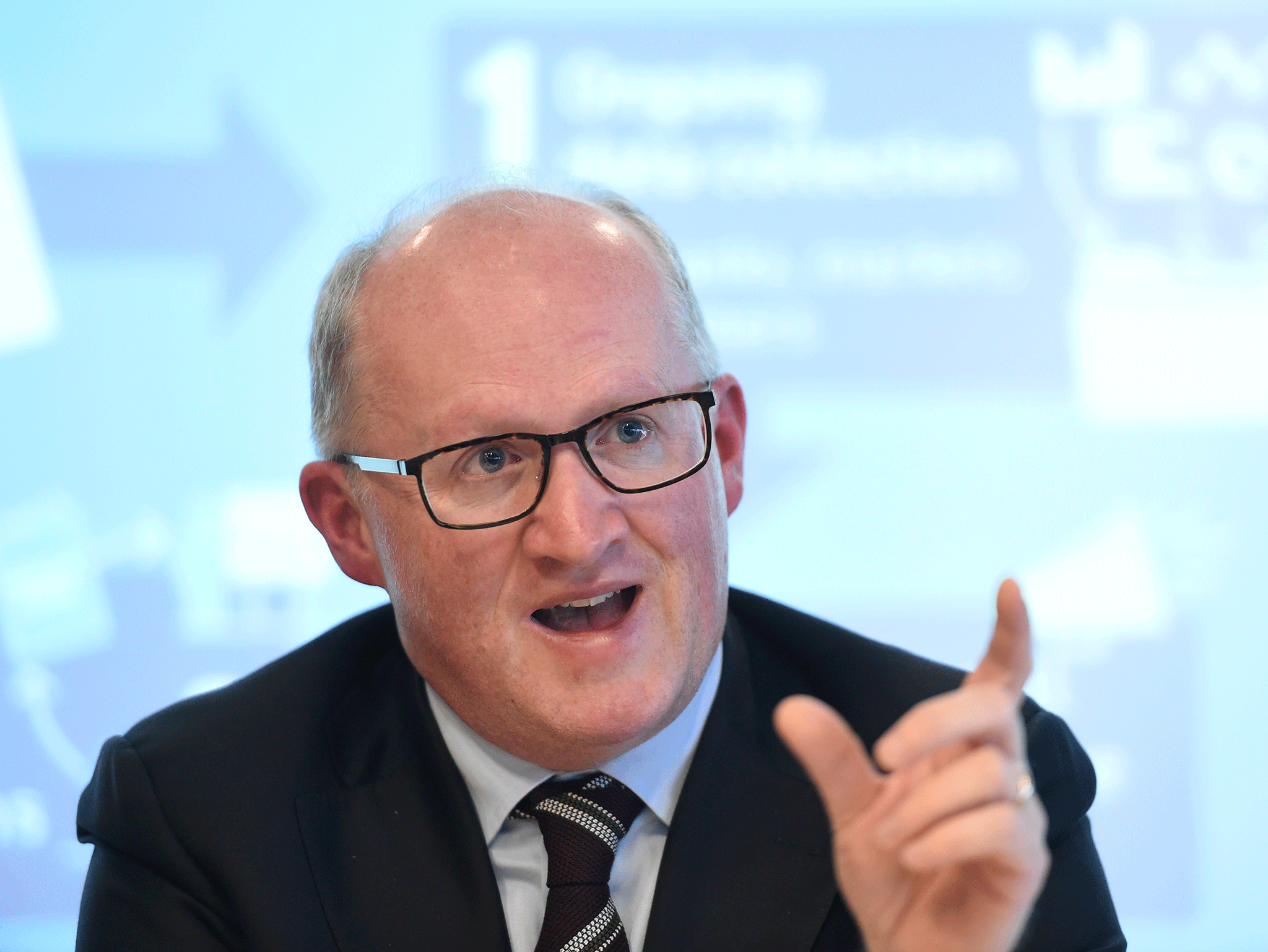Brexit will not lead to a 'new London' in Europe, says Irish central bank head
Cities around Europe are already vying for the potential new business, including financial centres in Germany, France, the Netherlands, Luxembourg and Ireland

The head of the Central Bank of Ireland said on Tuesday that there will not be a “new London” in the European Union after Britain leaves the bloc.
Philip Lane, who is also a member of the European Central Bank's Governing Council, said Europe's future financial centres may be more fragmented geographically, even if they were integrated as part of a single market.
Cities around Europe are already vying for the potential new business, including financial centres in Germany, France, the Netherlands, Luxembourg and Ireland.
“There is not going to be any new London in the EU 27. History happened in a certain way. You can’t just lift institutions and drop then somewhere else,” Mr Lane said at an event hosted by the London Irish Business Society in London.
“You may well have this fragmented but integrated financial system so location X has a cluster of derivatives trading, location Z has a cluster of insurance, etc.”
Some British-based financial services firms have already decided to relocate at least part of their operations to Ireland, and others are expected to follow in the first half of this year, he said.
Eoghan Murphy, Ireland's minister for financial services, said at the event that some financial services firms wanted to keep quiet their plans to move some operations but leave others to avoid antagonising British stakeholders.
“Some companies are going to be very mindful of the presence they have. They are not going to be coming out and saying ‘Brexit is a disaster, we are moving people to Ireland’,” he said.
“So while the decisions have been made and movements will happen they won't necessarily be announced as Brexit decisions, so we can't put numbers on them.”
Mr Murphy added that after the two years of formal Brexit talks conclude, he expected there would need to be at least a five-year transitional agreement between the EU and Britain before a complete divorce could take effect.
Earlier this month Irish finance minister Michael Noonan said his central bank had received more than 100 inquiries from British-based financial firms considering a move.
Barclays is preparing to make Dublin its EU headquarters when Britain leaves the European Union, a source familiar with the matter told Reuters on Thursday.
Reuters
Subscribe to Independent Premium to bookmark this article
Want to bookmark your favourite articles and stories to read or reference later? Start your Independent Premium subscription today.

Join our commenting forum
Join thought-provoking conversations, follow other Independent readers and see their replies